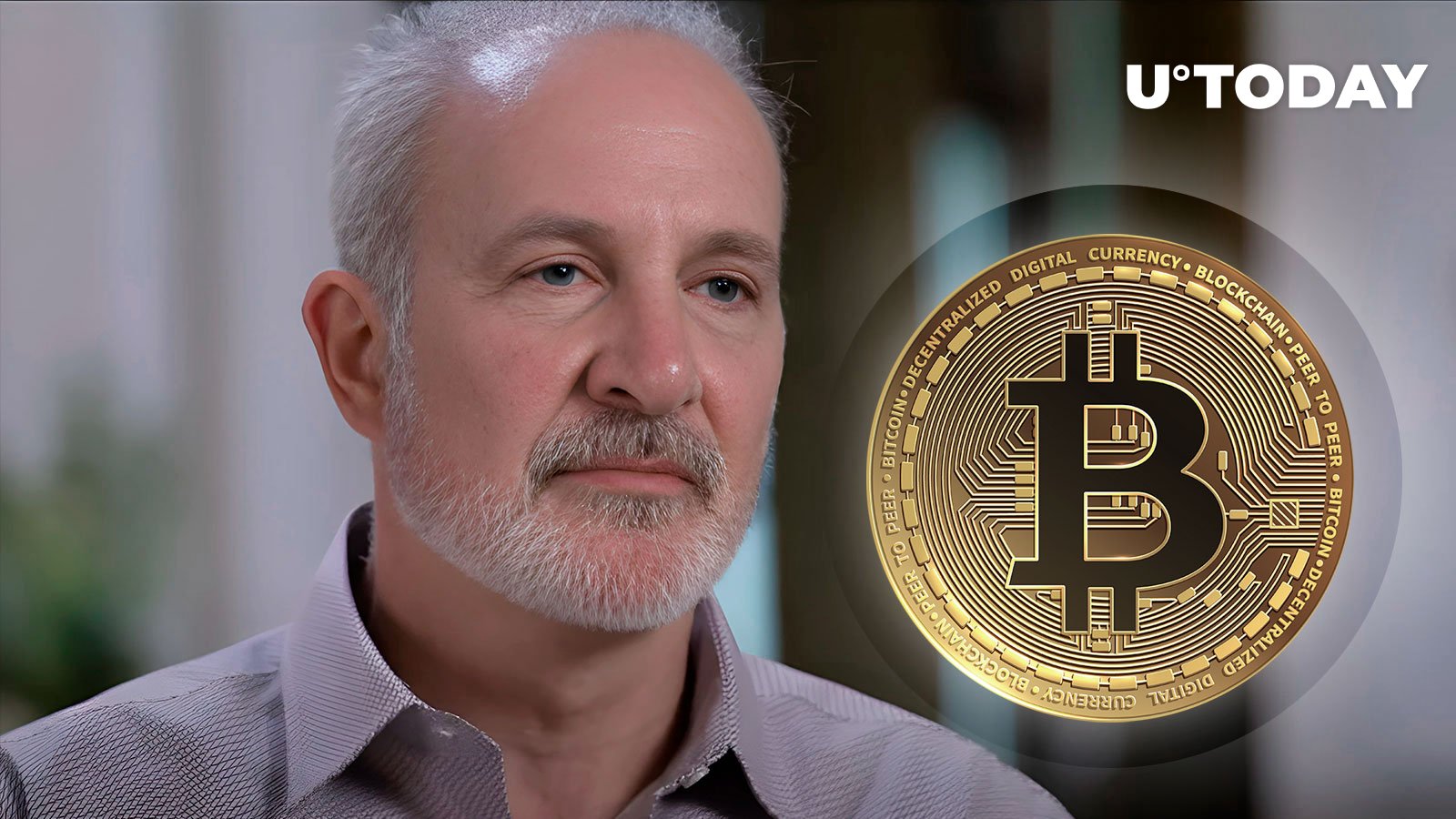Alex Dovbnya
Institutions did not step up to buy Bitcoin and prevent the crash, according to Schiff
Prolific Bitcoin critic Peter Schiff has opined that the recent market sell-off exposes a myth that there is strong institutional demand for the leading cryptocurrency.
The gold bug believes that Mt. Gox repayments alone would not be able to inflict such significant damage if there was substantial institutional buying. “If such demand really did exist, buyers would jump at the chance to buy the Mt. Gox Bitcoin off market,” Schiff said.
As reported by U.Today, the largest cryptocurrency slipped to a five-month low of $53,330 on the Bitstamp exchange on July 5 after Mt. Gox moved roughly $2.7 billion worth of Bitcoin to another wallet. US and German governments liquidating their Bitcoin holdings was also another bearish headwind that exacerbated the market crash.
Will ETF buyers capitulate?
On Friday, Bitcoin exchange-traded funds gave bulls a glimmer of hope with 143.1 million worth of inflows.
Earlier this week, Schiff stated that Bitcoin ETF buyers likely kept holding their coins based trading activity. The financial commentator predicted that it would take a much steeper Bitcoin drop for their eventual capitulation. Schiff is convinced that such a dramatic price plunge could occur as soon as this week.
In the meantime, Nate Geraci, president at The ETF Store, recently shot down the narrative that there is no demand for Bitcoin ETFs given that they occupy the top spots this year after hundreds of launches.
However, Schiff previously argued all Bitcoin ETF buyers are actually future sellers. Moreover, he has predicted that ETF issuers might end up facing lawsuits from buyers due to staggering losses.
Read More: Schiff: Bitcoin Crash Exposes Key Myth
Disclaimer:The information provided on this website does not constitute investment advice, financial advice, trading advice, or any other sort of advice and you should not treat any of the website’s content as such. coinzoop.com does not recommend that any cryptocurrency should be bought, sold, or held by you. Do conduct your own due diligence and consult your financial advisor before making any investment decisions.


